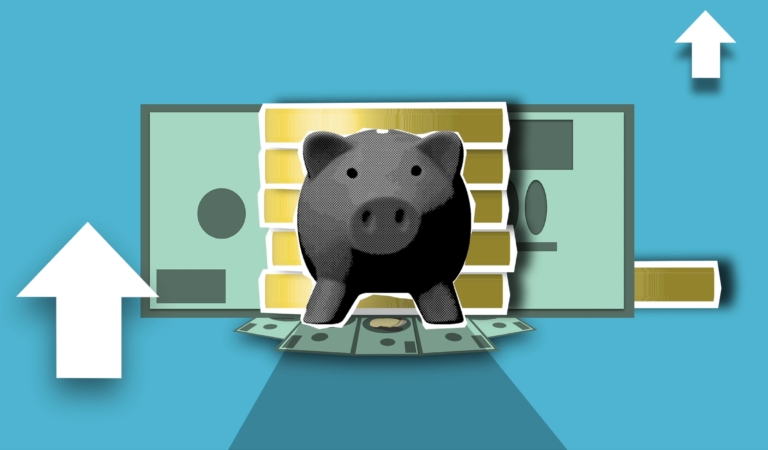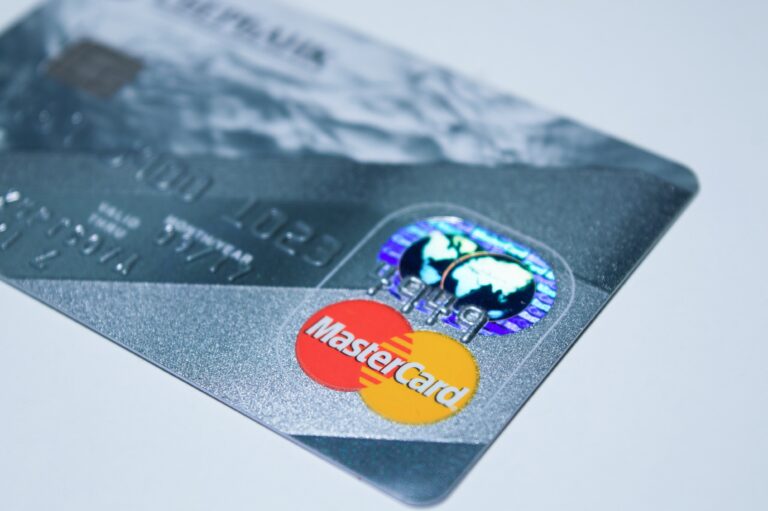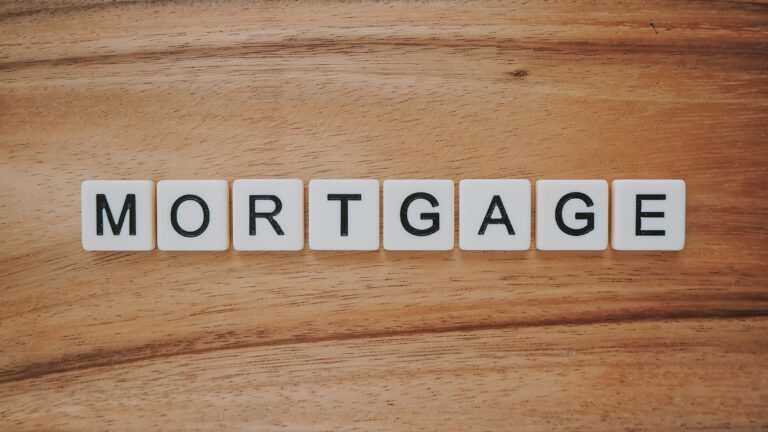Mortgages represent one of the most significant financial decisions an individual can make. Essentially, a mortgage is a long-term loan that is used to purchase a property or home. This blog post will outline everything you need to know about mortgages.
Types Of Mortgages
A mortgage is a loan that is typically used to buy a property, such as a house or an apartment. When taking out a mortgage, a person borrows money from a lender to buy property.
The borrower typically repays the mortgage loan over several years through regular payments to the lender. Mortgage loan amount, interest rate, and terms depend on the borrower’s credit score, income, and property value.
One of the key features of a mortgage is that the lender has a lien on the property until the loan is fully paid off. This means that if the borrower is unable to make their mortgage payments, the lender may have the right to foreclose on the property and sell it to recoup their losses.
Various types of loans are available, but the most prevalent ones are conventional and government-backed loans, which we will delve into further below.
Conventional Loan
Conventional loans are home loans that are not insured or guaranteed by the government. They are offered by private lenders such as banks, credit unions, and mortgage companies, and their approval typically depends on the borrower’s credit, income, assets, and the property being financed.
There are two primary types of conventional loans: conforming and non-conforming. Conforming loans conform to guidelines Fannie Mae and Freddie Mac set, including loan limits and credit score requirements. Non-conforming loans do not meet these guidelines and are often utilized for high-end properties or borrowers with unique financial circumstances.
Typically, conventional loans require higher credit scores and down payments than government-backed loans. Borrowers generally require a credit score of at least 620, although some lenders may require a higher score. Down payments generally range from 3% to 20% of the home’s purchase price, depending on the borrower’s credit score and other factors. Conventional loans appeal to homebuyers with good credit and money down. They aren’t government-backed like FHA loans, so they have stricter requirements. However, they offer flexibility in borrowing amounts, interest rates, and mortgage insurance costs.
Conforming Loan
A conforming loan is a mortgage that adheres to the guidelines established by Fannie Mae and Freddie Mac. These guidelines pertain to loan size, credit score, and down payment, among other factors. A conforming loan generally offers lower interest rates and more favorable terms compared to non-conforming loans.
Conforming High Balance Loan
Conforming high-balance loans, also known as super-conforming loans, cater to borrowers in high-cost areas where the standard conforming loan limits are insufficient. While these loans follow similar guidelines as conforming loans, they permit higher loan amounts, enabling borrowers to secure financing for more expensive homes.
Non-Conforming a.k.a. Jumbo Loan
A jumbo loan is a non-conforming mortgage that exceeds the conforming loan limits set by Fannie Mae and Freddie Mac. Due to their larger size, jumbo loans often come with stricter underwriting requirements, such as higher credit scores and larger down payments. However, they allow borrowers to finance luxury or high-value properties.
Non-Qualified Mortgage
A non-qualified mortgage (non-QM) is a loan that doesn’t adhere to the strict guidelines of the Consumer Financial Protection Bureau’s qualified mortgage rule. Non-QM loans cater to borrowers with unconventional income sources or credit profiles, offering more flexible underwriting guidelines and accommodating unique financial situations.
Portfolio Loans
Portfolio loans are mortgages that lenders keep within their own portfolio instead of selling them on the secondary market. As a result, lenders can establish their own underwriting criteria, offering greater flexibility to borrowers who may not qualify for conventional loans. Lenders can tailor these loans to suit individual borrowers’ needs.
Fixed Rate Mortgages
A fixed-rate mortgage (FRM) is a type of home loan with a fixed interest rate for the entire loan term. This offers stability and predictability, as borrowers’ monthly principal and interest payments remain constant throughout the life of the loan. Fixed-rate mortgages are popular among borrowers seeking long-term stability in their mortgage payments.
Adjustable Rate Mortgages
An adjustable-rate mortgage (ARM) features an interest rate that changes periodically based on a predetermined index and margin. Typically, ARMs start with a lower interest rate compared to fixed-rate mortgages, but the rate may increase or decrease over time. ARMs can be advantageous for borrowers who plan to sell or refinance their homes before the initial fixed-rate period ends.
An adjustable-rate mortgage can be a good choice if you’re comfortable with the potential risks and benefits. However, it’s important to carefully consider the terms of the loan and make sure it fits your needs and budget before committing to the loan. With these tips and information, you can make an informed decision and find the right mortgage for your home purchase.
Government-Backed Mortgages
The United States federal government guarantees or insures government-backed mortgages, which aim to provide a wider range of borrowers, including those who may not qualify for conventional mortgage loans, with more accessible and affordable homeownership opportunities.
There are three primary types of government-backed mortgages:
FHA Loans
Individuals with low-to-moderate income or less-than-favorable credit history can use an FHA loan, which reduces the lender’s risk since the Federal Housing Administration insures the loan.
Qualifying for an FHA loan necessitates a minimum credit score of 580 and a down payment of at least 3.5%. FHA loans also mandate mortgage insurance premiums, which can raise the loan’s cost.
VA Loans
The Department of Veterans Affairs backs VA loans, which active-duty service members, veterans, and their spouses can access. These loans provide numerous advantages, such as not requiring a down payment, not mandating private mortgage insurance, and having more flexible credit and income requirements.
USDA Loans
The U.S. Department of Agriculture guarantees USDA loans to help people who want to purchase a home in a rural area. These loans allow for 100% financing, meaning no down payment is necessary. Income limits and stricter property eligibility criteria may apply.
Why Choose a Government Backed Mortgage?
When choosing between various loan programs, including conventional, FHA, VA, and USDA loans, assessing your financial situation, plans, and budget is critical. Each loan program has unique features, advantages, and requirements, necessitating thorough research and consultation with a mortgage professional to identify the best choice for your needs.
Since these loans receive backing from the federal government, lenders have more security and leeway in evaluating loan applications. As a result, borrowers may find it easier to qualify for a mortgage and potentially obtain more favorable loan terms.
The federal government’s backing of these loans provides lenders with more security and flexibility in underwriting the loans. This can make it easier for borrowers to qualify for a mortgage and potentially obtain more favorable loan terms.
The Bottom Line
Securing a mortgage is a major financial decision, but it doesn’t have to be intimidating. Understand different mortgage types, pros and cons, and the process to find the right mortgage for your needs. A reputable mortgage professional can assist and answer any questions. With the right information and support, you can achieve homeownership and enjoy its benefits.








